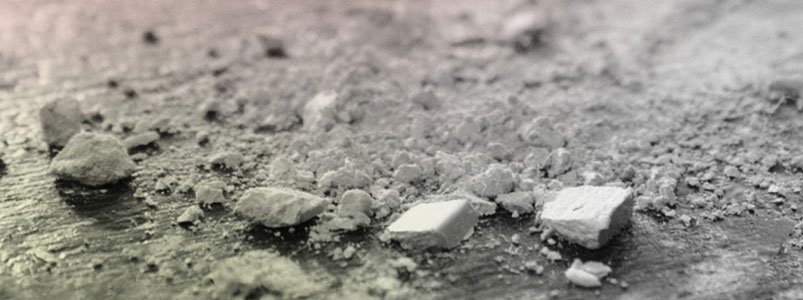Drug Facts
With so many voices and opinions out there, it’s important to understand the facts.
Fact is that while you’re a teen (and even into your early 20’s!), you’re still growing and developing, and drug abuse during these years in particular can have a lasting impact. Another fact to consider: the brain is much more vulnerable to addiction during these years. 90% of Americans with a substance abuse problem started smoking, drinking or using other drugs before age 18.
When it comes to drug use, individual reactions and experiences vary, so it’s important to understand the usual risks and effects, both short- and long-term. Knowledge can be the key to making your own best decisions.
Information provided isn’t to prevent anyone from seeking medical treatment under the advice and care of their doctor. A variety of substances offer potential medicinal value, but that doesn’t negate their risks, especially when abused.
- Adderall
- Alcohol
- Bath Salts
- Benzos
- Cocaine
- DXM
- GHB
- Hallucinogens
- Heroin
- Inhalants
- Ketamine
- LSD
- Marijuana
- MDMA
- Meth
- Mushrooms
- Over-the-Counter
- Prescription Drugs
- Rohypnol
- Salvia
- Spice
- Steroids
- Tobacco & Nicotine
- Xanax
- Adderall
- Alcohol
- Bath Salts
- Benzos
- Cocaine
- DXM
- GHB
- Hallucinogens
- Heroin
- Inhalants
- Ketamine
- LSD
- Marijuana
- MDMA
- Meth
- Mushrooms
- Over-the-Counter
- Prescription Drugs
- Rohypnol
- Salvia
- Spice
- Steroids
- Tobacco & Nicotine
- Xanax

Cocaine
Cocaine is a highly addictive drug that can be risky even the first time you use it. Common side effects include increased heart rate and blood pressure, but seizures, cardiac arrest and even death are real dangers.
AKA
Blow, bump, C, candy, Charlie, coke, snow
What is it?
Powder cocaine is a hydrochloride salt derived from processed extracts of the leaves of the coca plant. “Crack” is a type of processed cocaine that is formed into a rock-like crystal.1
The Risks
Cocaine is a powerful stimulant, which means it might keep you wired, but not without major risks. Cocaine causes your blood vessels to constrict immediately, increasing your heart rate, blood pressure and body temperature.2 At first, this may make you sweaty and shaky, but seizures, cardiac arrest and even death are real risks. The risk of sudden death is even greater when cocaine is combined with alcohol.3
Long-Term Effects
Cocaine, like most drugs of abuse, targets and overstimulates your brain’s natural reward system. While this may result in the drug’s pleasurable effects, over time it can actually change the way your brain works, teaching you to repeat the behavior.4 In other words, cocaine can be highly addictive. And smoking it, in the form of “crack,” increases the risk of addiction because it gets into your brain even faster. Binge-pattern use – taking the drug repeatedly and at higher doses in a short period of time – can lead to irritability and anxiety. Abusers may even experience temporary states of paranoid psychosis.5
Prolonged cocaine snorting can irritate and cause scabs to form on your mucus membranes, damage your nasal septum (the thin wall that separates your left and right nostrils) and eventually make your nose collapse.
The Bottom Line
Using cocaine or crack-even only once—is dangerous, and the more you use, the worse the effects are on your brain and heart. Continued use can make you depressed, agitated and manic. Cocaine-related deaths are often caused by cardiac arrest or seizures, followed by respiratory failure (meaning, you stop breathing).6
- National Institute on Drug Abuse. DrugFacts: Cocaine.
Revised April 2013. Retrieved May 2013.
View Source [↩] - National Institute on Drug Abuse. DrugFacts: Cocaine.
Revised April 2013. Retrieved May 2013.
View Source [↩] - National Institute on Drug Abuse. DrugFacts: Cocaine.
Revised April 2013. Retrieved May 2013.
View Source [↩] - National Institute on Drug Abuse. DrugFacts: Cocaine.
Revised April 2013. Retrieved May 2013.
View Source [↩] - National Institute on Drug Abuse. DrugFacts: Cocaine.
Revised April 2013. Retrieved May 2013.
View Source [↩] - National Institute on Drug Abuse. DrugFacts: Cocaine.
Revised April 2013. Retrieved May 2013.
View Source [↩]







